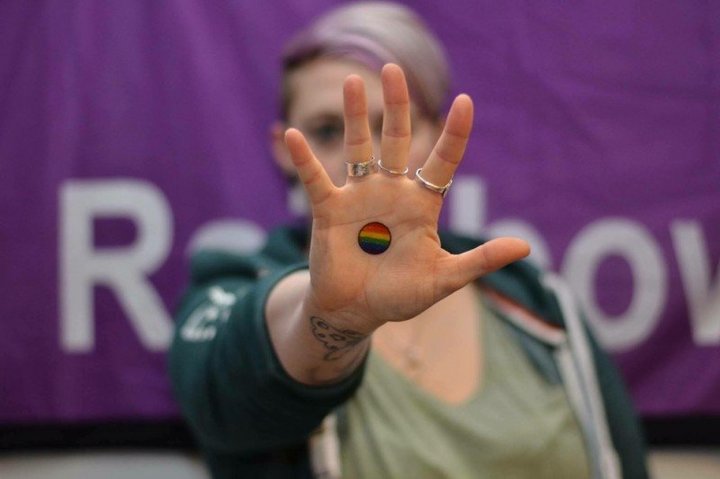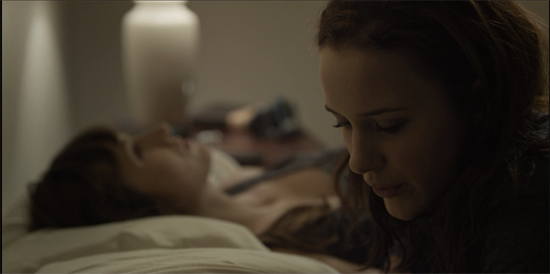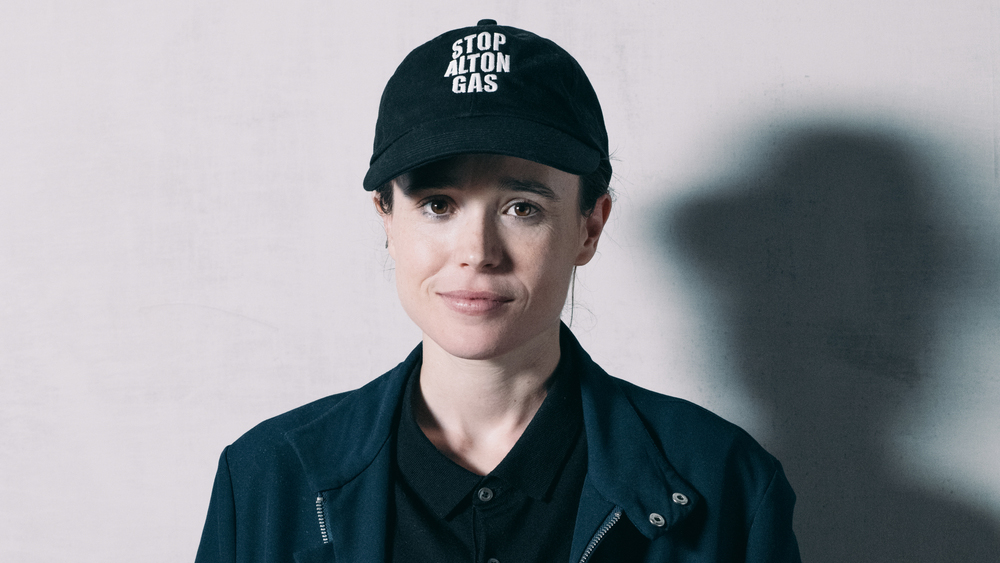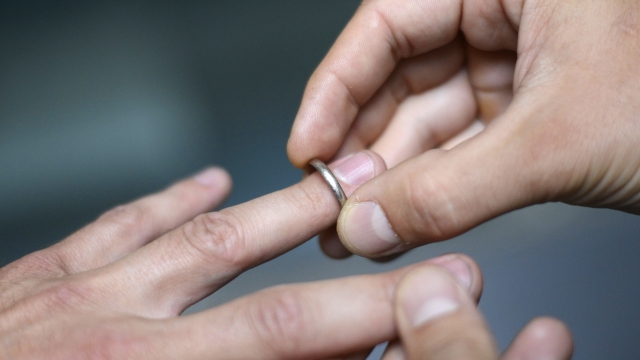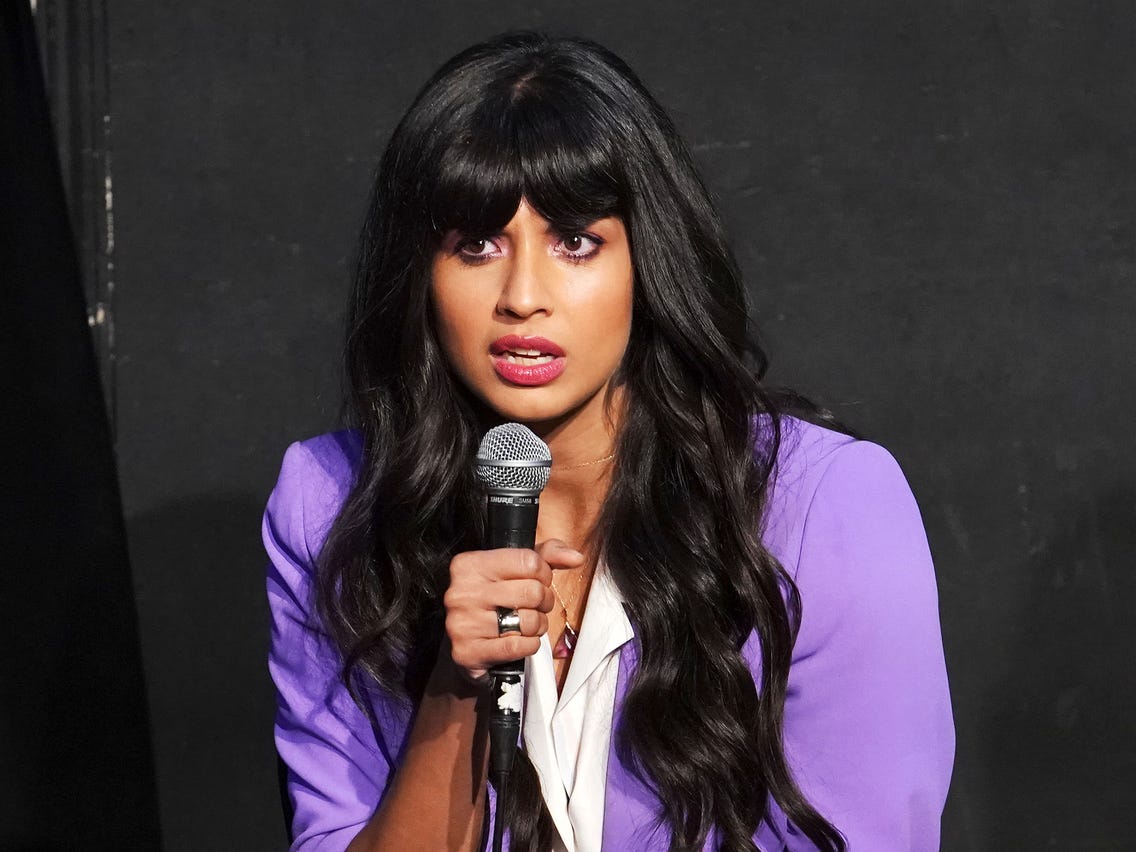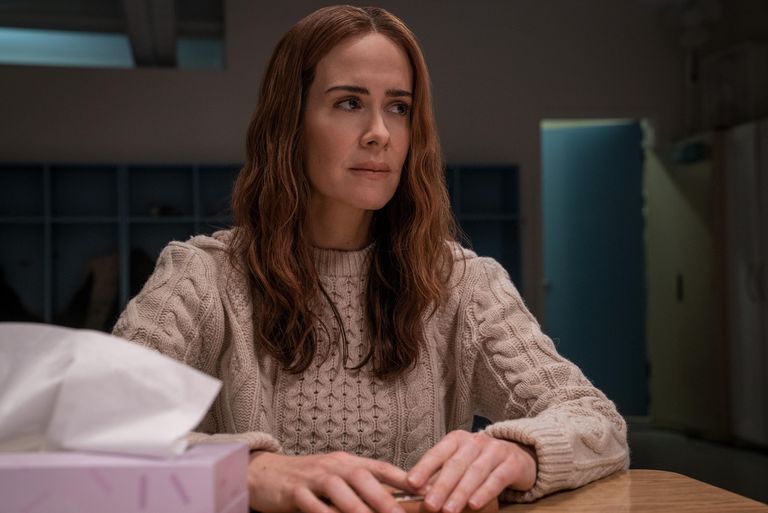Being queer is all about being different. And yet the queer community has a big problem with exclusivity, especially when it comes to people with disabilities. Specifically, many autistic people feel like the LGBT community is leaving them behind.
It’s not always apparent when a person is autistic. Yes, sometimes autistic people can’t speak, take care of themselves or live alone. But many autistic people, especially those with a milder form called Asperger’s, lead very “typical” lives. And many of them are queer.

You probably know someone with Asperger’s. People with Asperger’s tend to not pick up on social cues, body language or sarcasm, and they appear to lack sympathy and empathy. They may have flat speech without any variation in tone or accents, avoid eye contact and be very interested in a few, extremely specific things.
TV characters thought to be autistic include Sherlock from Sherlock, Crazy Eyes from Orange is the New Black, Abed from Community, Sheldon from the Big Bang Theory, Dr. Temperance Brennan from Bones – the list goes on and on.
But recognizing that someone has Asperger’s means actually talking to that person, and you can’t talk to that person if they don’t feel comfortable in the spaces you visit.
Says Emmanuel, an autistic, gay, trans man:
“Many LGBT events are not accessible to autistic people. LGBT events are often crowded, have live and/or very loud music, food stands, and clubs often have bright flashing lights, all of which are sensory inputs that the vast majority of autistic people are hypersensitive to. There is often no ‘quiet zone’ for us to retreat to when we experience sensory overload.”
So what should we as individuals and as a community do to make autistic people feel more welcome? Here are 7 easy places we can start.
- Learn more about Asperger’s and autism.
- Recognize that yes, people can be legally disabled and still be LGBT. Having a disability doesn’t negate your sex drive.
- Moreover, recognize that you can’t always tell when someone has autism. Just because they don’t say it doesn’t mean that they don’t have particular needs – they just might not feel comfortable sharing those needs with a stranger.
- Talk to your local LGBT center about making spaces more accessible to autistic people. Something as simple as having a quiet room or area available for people who need a moment to be alone is extremely helpful.
- Set up LGBT programming/activities that don’t all revolve around socializing. For example, having board game sessions or movie nights is a great choice.
- Talk to your local LGBT center about setting up a discussion group for LGBT people who also have physical or mental disabilities.
- Cut out ableist language, such as the r-word, and identify your own ableist behaviors.
The LGBT community should make everyone feel welcome. Although that’s not always easy, it’s our responsibility to make sure that all types of queer people feel welcome in our spaces. Learn more here.
